궁금합니다 영어로
궁금합니다는 한국어에서 매우 자주 사용되는 표현 중 하나입니다. 이 표현은 영어로 어떻게 표현될까요? 가장 일반적인 영어 표현은 “I’m curious”입니다. 이 표현은 한국어의 궁금합니다와 매우 유사하지만, 영어에서는 더 많은 표현 방법이 있습니다.
또한, “I’m curious”와 “I wonder”는 비슷한 의미를 가지지만 조금 다릅니다. “I wonder”는 좀 더 내적인 생각을 나타냅니다. 예를 들어, “I wonder if I’ll ever be able to travel the world”는 “나는 언젠가 세계여행을 할 수 있을까 궁금하다”라는 뜻입니다. 반면에, “I’m curious if there are any good restaurants around here”는 “이 근처에 좋은 식당이 있는지 궁금하다”라는 뜻입니다.
“Curious”의 다양한 표현 방법 및 가치
“Curious”는 궁금한 상태나 사람을 나타내는 형용사입니다. 이 단어의 가치는 다음과 같습니다:
1. 여행에 있어서 궁금한 탐구심: “I’m curious to see what’s around the next corner” (다음 구석에 무엇이 있는지 궁금하다)
2. 지적 호기심: “I’m curious about how the universe was formed” (우주가 어떻게 형성되었는지 궁금하다)
3. 사람에 대한 호기심: “I’m curious about what makes people happy” (사람들이 행복해지는 것은 무엇일까 궁금하다)
다양한 표현 방법으로는 “inquisitive”, “intrigued”, “interested”, “nosy” 등이 있습니다. 이러한 단어들은 각각 다른 뉘앙스를 가지고 있으며, 상황에 따라 사용하는 것이 좋습니다.
궁금증을 표현하는 다른 영어 단어 및 구문
“Curious” 외에도 궁금증을 표현하는 다양한 영어 단어나 구문이 있습니다. 몇 가지 예시는 다음과 같습니다:
1. “Interested in knowing”: “I’m interested in knowing more about the history of this place”
2. “Eager to find out”: “I’m eager to find out what’s going to happen next”
3. “It piques my interest”: “The idea of learning a new language piques my interest”
4. “I’m dying to know”: “I’m dying to know what my gift is for my birthday”
여기서, “piques”는 “stimulate”이라는 뜻입니다. “I’m dying to know”는 좀 더 과장된 표현이며, “I’m really curious”와 비슷한 뉘앙스를 가지고 있습니다.
“I’m dying of curiosity”와 같은 과장된 표현의 사용법과 효과
“I’m dying of curiosity”는 궁금증에 대한 과장된 표현입니다. 이 표현을 사용하면, 매우 궁금하다는 것을 강조할 수 있습니다. 하지만, 이 표현의 사용은 상황에 따라 다르며, 결코 모든 상황에서 사용할 수 있는 표현은 아닙니다. 예를 들어, 현재 엄청나게 중요한 대화가 이루어지고 있는 상황에서는 이 표현을 사용하면 적절하지 않을 수 있습니다.
이메일이나 편지에서 궁금함을 잘 전달하는 방법
이메일이나 편지에서 궁금함을 잘 전달하기 위해서는 몇 가지 팁이 있습니다:
1. 질문을 명확하게 작성하기: 간결하게 크고 작은 질문을 작성하는 것이 좋습니다. 이렇게하면 상대방이 질문에 대한 답을 잘할 수 있습니다.
2. 정확한 용어 사용하기: 명확한 용어를 사용하여 사람들이 무엇에 대해 대화하고 있는 지 이해하기 쉬워집니다.
3. 예시를 활용하기: 예시를 사용하여 상황을 명확하게 설명하는 것은 매우 효과적입니다.
영어 논문에서 궁금증을 나타내는 방법
영어 논문에서 궁금증을 나타내기 위해 다음과 같은 표현을 사용할 수 있습니다:
1. “It is unclear whether” : “It is unclear whether or not the results are reliable.”
2. “Further research is needed to determine” : “Further research is needed to determine the impact of climate change on the ecosystem.”
3. “One question that remains unanswered is” : “One question that remains unanswered is why certain animals are more susceptible to diseases than others.”
“Curious”와 관련된 영어 속담과 관용구
1. “Curiosity killed the cat” : 이 속담은 너무 궁금해서 일이 벌어진다는 경고입니다. 이 속담은 과도한 호기심의 위험성을 경고하는 의미를 지니고 있습니다.
2. “Open up a can of worms” : 이 표현은 처음에는 궁금함과 호기심을 불러일으키지만, 나중에는 복잡하고 힘든 문제를 일으킨다는 것을 의미합니다.
3. “Live and learn” : 이 표현은 새로운 경험을 통해 배우고 성장한다는 것을 나타내며, 궁금증이 포함된다면 더욱 삶을 더 풍요롭게 만들 수 있습니다.
“Curiosity killed the cat”의 의미와 역사적 배경
“Curiosity killed the cat”은 가장 유명한 영어 속담 중 하나입니다. 이 속담은 과도한 호기심이 위험할 수 있다는 것을 경고합니다. 그러나, 속담 자체는 ‘창고에 있는 고양이를 죽이긴 한 게 호기심 때문이다’라는 더 오래된 표현이 기원이 됐다고도 합니다.
이 속담은 조셉 자비스(Joseph Jacobs)가 1894년에 출판한 The Fables of Aesop에서 소개되었습니다. 그러나 ‘키스하면 죽는다’와 마찬가지로 흔히 들리는 속담과 다르게, 근래에는 “Curiosity killed the cat but satisfaction brought it back.”이라는 종종 쓰이는 이어지는 표현이 추가되곤 합니다.
FAQs
Q. “I’m curious”와 “I wonder”의 차이점은 무엇인가요?
A. “I’m curious”는 더 외적인, 물리적인 것에 대한 궁금증을 나타내는 반면, “I wonder”는 좀 더 내적인 생각을 나타냅니다.
Q. “I’m dying of curiosity”와 같은 과장된 표현은 언제 사용해야 하나요?
A. 이 표현은 상황에 따라 다릅니다. 일반적으로는 과장된 표현이므로 적절하지 않은 상황에서는 사용하기 어렵습니다.
Q. 이메일이나 편지에서 궁금함을 잘 전달하기 위해서는 어떤 팁이 있나요?
A. 질문을 명확하게 작성하고, 정확한 용어를 사용하며, 예시를 활용하는 것이 좋습니다.
Q. 영어 논문에서 궁금증을 나타내기 위해 어떤 표현을 사용할 수 있나요?
A. “It is unclear whether”, “Further research is needed to determine”, “One question that remains unanswered is” 등이 있습니다.
Q. “Curiosity killed the cat”이라는 속담의 의미는 무엇인가요?
A. 이 속담은 과도한 호기심이 위험할 수 있다는 것을 경고합니다.
사용자가 검색한 키워드: 궁금합니다 영어로 소식이 궁금하다 영어로, Curious wonder 차이, 의문 영어로, 궁금하다 다른 표현, 궁금하니 영어로, Wonder, 물음표 영어로, 궁금하다 뜻
Categories: Top 14 궁금합니다 영어로
“그냥 궁금해서..“ 영어로? (Curious❌)
뭐가 궁금하니 영어로?
Why Learn English?
English is one of the most widely spoken languages in the world, with an estimated 1.5 billion people who speak English fluently or at a high level. It is also the language of business, science, and technology, which are fields that play an important role in today’s world. In addition, English is the language of international communication, making it an essential tool for anyone who wants to communicate with people from different parts of the world.
Learning English can also open up many opportunities for personal and professional growth. It is a skill that can help improve job prospects, increase earning potential, and allow for more travel and mobility around the world. It can also lead to new friendships and cultural experiences, as English is a common language used at international events, conferences, and social gatherings.
For many Korean speakers, learning English is also a way to connect with the global community and stay informed about international news and trends. As a country that has experienced rapid economic growth in recent decades, Korea has also become increasingly connected to the rest of the world and more people are seeking to learn English as a means of staying competitive in a global market.
FAQs About the Korean Language
While many foreigners are curious to learn Korean, it is also quite common for Koreans to be asked about their own language and culture. Here are a few frequently asked questions about the Korean language:
1. What is the Korean alphabet?
The Korean alphabet is called Hangul and is made up of 24 letters. It was created in the 15th century under the reign of King Sejong as a way to improve literacy among the common people. Hangul is considered to be one of the most scientific and efficient writing systems in the world, as it is easy to learn and use.
2. How is Hangul different from Chinese characters?
While Chinese characters are still used in Korea, Hangul is the primary writing system for the Korean language. Unlike Chinese characters, Hangul is a phonetic writing system that represents the sounds of the language, rather than concepts or ideas. This makes it easier to learn and use for speakers of other languages.
3. What are some common Korean phrases?
Some common Korean phrases include:
– 안녕하세요 (annyeonghaseyo) – Hello
– 감사합니다 (gamsahamnida) – Thank you
– 미안합니다 (mianhamnida) – I’m sorry
– 잘 지냈어요? (jal jinaesseoyo?) – How have you been?
– 고맙습니다 (gomapseumnida) – Thanks
4. Is Korean a difficult language to learn?
Korean is considered to be a challenging language for non-native speakers to learn, primarily due to its complex grammar and pronunciation rules. However, it is also a logical and systematic language that is easy to read and write once you learn the basics. Many Korean speakers also find English to be equally challenging to learn, as it has its own set of grammar rules and pronunciation nuances.
5. What are some ways to learn Korean?
There are many ways to learn Korean, depending on your personal preferences and learning style. Some popular options include:
– Taking classes at a language school or university
– Using language learning apps and software, such as Duolingo, Rosetta Stone, or Babbel
– Watching Korean dramas, movies, and TV shows with subtitles
– Traveling to Korea and immersing yourself in the language and culture
– Finding a Korean language exchange partner or tutor
Conclusion
In conclusion, 뭐가 궁금하니 영어로? is a question that reflects the curiosity and interest in language learning that many people around the world share. Whether you are a Korean speaker who wants to learn English or a foreigner who wants to learn Korean, there are many resources and opportunities available to help you achieve your language learning goals. By embracing the challenge of learning a new language, you can open up new doors of opportunity and broaden your understanding of the world around you.
FAQs
1. Why is English important to learn?
English is important to learn because it is the international language of business, science, and technology, making it an essential tool for anyone who wants to communicate with people from different parts of the world. It can also lead to new opportunities for personal and professional growth, as well as help improve job prospects and earning potential.
2. How many people speak English?
An estimated 1.5 billion people around the world speak English fluently or at a high level.
3. What is the Korean alphabet?
The Korean alphabet is called Hangul and is made up of 24 letters. It is a phonetic writing system that represents the sounds of the Korean language.
4. How can I learn Korean?
There are many ways to learn Korean, including taking classes, using language learning apps and software, watching Korean media, traveling to Korea, and finding a language exchange partner or tutor.
5. Is Korean difficult to learn?
Korean is considered to be a challenging language for non-native speakers to learn because of its complex grammar and pronunciation rules. However, it is a logical and systematic language that is easy to read and write once you learn the basics.
뭐하고있어?를 영어로?
Origin and Usage
The phrase “뭐하고있어?” is a combination of three separate Korean words – “뭐” which means “what”, “하고” which means “and”, and “있어” which means “do”. It is commonly used in casual settings to check in on someone or start a conversation. It can be used with acquaintances, friends, family, and even strangers. Although it is often used orally, it can also be used in text messaging and social media.
There are several situations where this phrase can be used. Some of the most common include:
1. Checking in on someone – This is the most popular usage of the phrase. You can use it to check in on someone you haven’t seen in a while or to start a conversation with someone you’ve just met. It’s a great icebreaker and shows a genuine interest in the other person’s activities.
2. Making plans – If you’re looking to make plans with someone, asking “뭐하고있어?” is a good way to start the conversation. You can then follow up with suggestions for activities or events to do together.
3. Advice or recommendation – If you’re unsure about something and need advice or a recommendation, asking “뭐하고있어?” can be an effective way to get the opinion of someone you trust.
Cultural Significance
As with any language, certain phrases and expressions can have cultural significance. In the case of “뭐하고있어?”, it is representative of the Korean culture’s emphasis on social connection and relationships. Koreans value harmony and respect for others, and this phrase is a reflection of that. Asking “뭐하고있어?” shows that you care about what the other person is doing and their well-being. It also indicates a desire for social connection and interaction.
In addition to social connections, “뭐하고있어?” can also represent the Korean culture’s emphasis on productivity and efficiency. Koreans are known for their strong work ethic, and this phrase can be used to inquire about how productive someone is being or if they need assistance with their tasks.
FAQs
1. Is “뭐하고있어?” only used in the Korean language?
Yes, it is a Korean phrase and is not used in other languages.
2. Can “뭐하고있어?” be used formally?
No, it is a casual phrase and is not appropriate for formal settings.
3. Can “뭐하고있어?” be used with strangers?
Yes, it is commonly used with people you have just met or strangers you are trying to get to know.
4. Are there any other phrases in the Korean language similar to “뭐하고있어?”
Yes, other similar phrases include “뭐해?” (“Mwohae?”), “뭐하는중이야?” (“Mwo-ha-neun jung-i-ya?”), and “뭐하고 있어요?” (“Mwoha-go i-sseo-yo?”).
5. Why is “뭐하고있어?” important in Korean culture?
“뭐하고있어?” is important in Korean culture because it reflects the country’s emphasis on social connection and relationships. Koreans value harmony, respect for others, and a strong work ethic, and this phrase is a reflection of those values.
In conclusion, “뭐하고있어?” is a simple yet powerful phrase in the Korean language that reflects the country’s emphasis on social connection and efficiency. It is commonly used in casual settings and can be an effective way to initiate a conversation, check in on someone, or make plans. Understanding the origin and cultural significance of this phrase can not only help with language learning but also aid in developing an understanding of Korean culture.
여기에서 자세히 보기: chinhphucnang.com
소식이 궁금하다 영어로
그러나 소식이 궁금하다는 표현은 그 자체로 더욱 포괄적인 의미를 지니고 있다. 이 표현은 신문, 뉴스, 또는 다양한 이벤트와 관련된 정보뿐만 아니라, 해외여행이나 취업과 같은 일상생활에서 발생하는 궁금한 사항에도 사용된다. 이런 경우에는 단순히 “What’s the news?”나 “Tell me more about it”으로 표현할 수 있다.
소식이 궁금하다는 표현이 포함하는 의미는 더욱 많이 사용된다. 이 표현은 우리의 삶에서 매우 중요한 역할을 하며, 어떤 일이 발생하면 정확한 정보와 이해가 필수적이다. 또한, 소식이 궁금한 이유는 사람마다 다르다. 그러나 대부분의 경우, 우리는 경험과 지식을 더욱 향상시키기 위해 더 자세한 정보를 얻고 싶은 것이다.
그러므로, “소식이 궁금하다”는 표현은 우리의 삶에서 매우 중요한 역할을 한다. 이 표현은 우리가 어떤 상황에서든지 자신감을 가지며, 이해를 바탕으로 더 나은 결정을 내리게 도와주는 소중한 의미를 갖고 있다.
FAQs:
Q: 이러한 정보를 어디서 얻을 수 있나요?
A: 대부분의 경우, 인터넷을 통해 쉽게 얻을 수 있습니다. 신문, 뉴스, 블로그, 포럼 등과 같은 매체를 통해 정보를 얻을 수 있으며, 각종 소셜 미디어 플랫폼에서도 연결된 뉴스 및 정보에 접근할 수 있습니다.
Q: 어떤 이유로 “소식이 궁금하다” 라는 표현이 사용될까요?
A: “소식이 궁금하다” 라는 표현은 사람마다 다른 이유로 사용됩니다. 기존 지식의 더욱 확장과 함께, 새로운 지식과 정보를 탐색하기 위한 욕구가 가장 큰 이유로 나타납니다.
Q: 왜 우리가 소식이 궁금한 이유는 이해와 관련이 있나요?
A: 소식이 궁금한 이유와 이해는 밀접한 관련이 있습니다. 올바른 정보와 이해가 없이, 어떤 결정을 내릴 수 없으며, 제대로 준비하지 않은 상태에서 일상생활에서 그 무엇에도 대처할 수 없습니다.
Q: 어떻게 소식이 궁금한 이유와 기존 지식을 연결할 수 있을까요?
A: 소식이 궁금한 이유와 기존 지식을 연결하는 가장 좋은 방법은 매체를 통해 정보를 얻으면서 지식을 최대한 확장하는 것입니다. 이러한 접근은 일상 생활에서 얻은 지식과 경험과 함께 쌓여, 생각과 논리를 보다 강화시켜줍니다.
Q: “소식이 궁금하다” 라는 표현은 우리에게 어떤 의미를 지니는가요?
A: “소식이 궁금하다” 라는 표현은 우리에게 매우 중요한 의미를 지닙니다. 이 명령은 우리의 더 나은 이해와 넓은 인지와 함께 사상을 바꾸며, 좀 더 나은 인생을 만들어낼 수 있는 창의적인 힘을 제공합니다.
Curious wonder 차이
The term, which translates to ‘what’s the difference,’ embodies the essence of inquisitiveness and a desire to understand things better. It is a common phrase that is used in everyday conversations, social media, and even in advertisements. The expression, which has been used for decades, signifies the Korean people’s desire to dig deeper and explore the world around them.
In this article, we will delve into the meaning and origin of the term ‘Curious wonder 차이,’ its usage, and significance in Korean culture.
What is ‘Curious Wonder 차이’?
As mentioned earlier, curiosity is an essential trait that drives humans to discover, learn and explore new things. The curious wonder 차이 is a term that encapsulates the innate sense of curiosity that the Korean people possess.
Curious wonder 차이, which is pronounced ‘chai,’ is a phrase used in many contexts in Korean language. It’s a phrase one can hear in everyday conversations, when trying to understand new concepts, or when people are trying to distinguish differences between things.
For instance, let’s say you’re chatting with a Korean friend about two different things, and in between the conversation, your friend may ask, “chaiya?” which would translate to asking “what’s the difference?” Similarly, when Koreans are trying to compare two different products, they may use the phrase “chaiya?” to inquire about the differences between the two.
Curious wonder 차이 is a term that is often used to prompt further discussion, analysis and to encourage one’s sense of curiosity. The expression has surpassed its linguistic boundaries and has become a cultural phenomenon in Korea.
Origin of ‘Curious wonder 차이’
The phrase ‘Curious wonder 차이’ finds its roots in the Korean language. The term has been used in Korean popular culture for several decades and has gained widespread popularity in recent years.
The use of the term ‘Curious wonder 차이’ can be traced back to the Korean TV show ‘Golden Fishery Radio Star.’ It was popularized by one of the show’s hosts, comedian Yoo Sae-yoon, who used the term frequently to provoke the curiosity of the audience.
The show’s format involved guests participating in interviews and activities while engaging with the two hosts, Sae-yoon and Kim Guk-jin. Throughout the show, Sae-yoon frequently used the phrase ‘Curious wonder 차이’ to ask guests about the differences between various things, ultimately leading to exciting discussions. Over time, this phrase has become one of the most commonly heard phrases in Korean pop culture.
Usage of ‘Curious wonder 차이’ in Korean Culture
Curious wonder 차이’ is a phrase that has penetrated Korean culture, and its versatility has made it a vital part of the language. It is used to express curiosity about all sorts of things, from food, music, movies, fashion to the latest trends and even philosophy.
In grocery stores, the term ‘Curious wonder 차이’ is used in labeling food items to distinguish between different flavors, ingredients and expiry dates. It’s also a common term used in marketing campaigns, with companies leveraging its popularity to attract consumers’ curiosity to their products.
In Korean schools, it’s essential to instill a sense of curiosity in students from an early age. Educators encourage students to ask questions, and ‘Curious wonder 차이’ is a phrase that is often used in classrooms to inspire students to think critically and explore beyond their textbooks.
In politics, the phrase is often used to discuss and analyze policies and to dissect the differences between political parties and ideologies. The term has become essential in analyzing complex social and economic issues.
Curious wonder 차이 also plays a significant role in Korean social media. It’s one of the most popular hashtags in Korea, with people using the phrase to prompt discussions about everything from the latest fashion trends to film reviews.
In essence, the term ‘Curious wonder 차이’ is now a fundamental part of Korean culture, and it reflects the people’s inquisitive nature and the desire to explore and learn.
Frequently Asked Questions
Q. What is the meaning of ‘Curious wonder 차이’ in Korean?
A. ‘Curious wonder 차이’ is a phrase that translates to ‘What’s the difference?’ in English. The phrase is used in daily conversations to inquire about the distinctions between two different things.
Q. Can ‘Curious wonder 차이’ be used in formal settings?
A. The phrase ‘Curious wonder 차이’ is versatile and can be used in both informal and formal settings.
Q. Where did the phrase ‘Curious wonder 차이’ originate from?
A. The term ‘Curious wonder 차이’ originated in South Korea and found its roots in Korean language. It was popularized by the Korean TV show ‘Golden Fishery Radio Star.’
Q. How is ‘Curious wonder 차이’ used in Korean culture?
A. The phrase ‘Curious wonder 차이’ is used in many contexts in Korean culture, from everyday conversations to marketing campaigns. It plays a significant role in popular culture, social media and even in schools and politics.
Q. What is the significance of ‘Curious wonder 차이’ in Korean culture?
A. ‘Curious wonder 차이’ reflects the Korean people’s inquisitive and explorative nature. It exemplifies their desire to understand things better and explore new ideas and concepts. It has become an essential part of Korean culture.
Conclusion
In conclusion, ‘Curious wonder 차이’ is more than just a phrase in the Korean language – it embodies the inquisitiveness and desire to learn that is at the heart of Korean culture. Its versatility and widespread usage make it a fundamental part of daily life in Korea. By embracing their curiosity, the Korean people are continuously exploring and discovering new things, making significant contributions to science, technology, art, and culture.
주제와 관련된 이미지 궁금합니다 영어로

궁금합니다 영어로 주제와 관련된 이미지 22개를 찾았습니다.

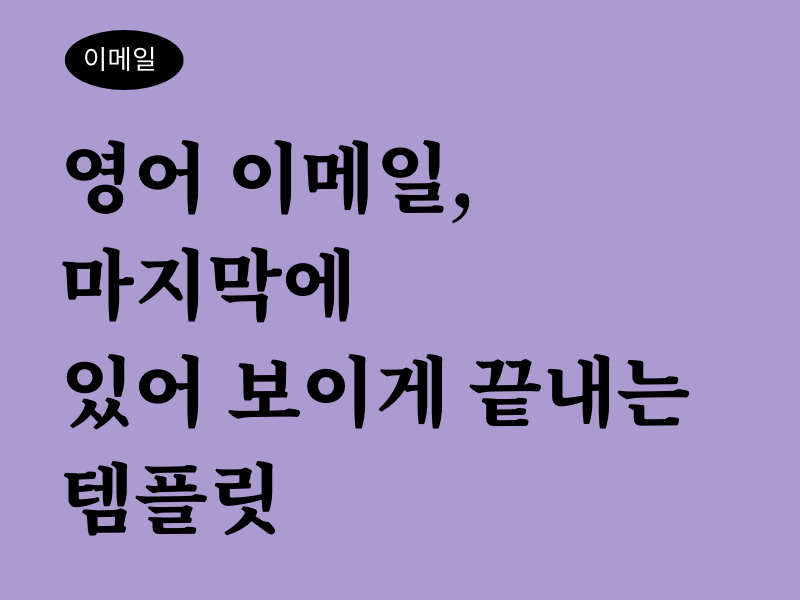



![영작표현#105] 나이(age) 영어 표현 정리 영작표현#105] 나이(Age) 영어 표현 정리](https://blog.kakaocdn.net/dn/Rv39F/btqUeXQwsGe/Af7Dxi6ZavXFcgU9rB67Q0/img.png)


![하루3문장#001] 길 가다가 우연히 마주친, 문뜩 궁금해지는 영어단어, 영어표현들 첫 강의 출발합니다. 68.3.001 - YouTube 하루3문장#001] 길 가다가 우연히 마주친, 문뜩 궁금해지는 영어단어, 영어표현들 첫 강의 출발합니다. 68.3.001 - Youtube](https://i.ytimg.com/vi/r2VxC01XqGA/maxresdefault.jpg)

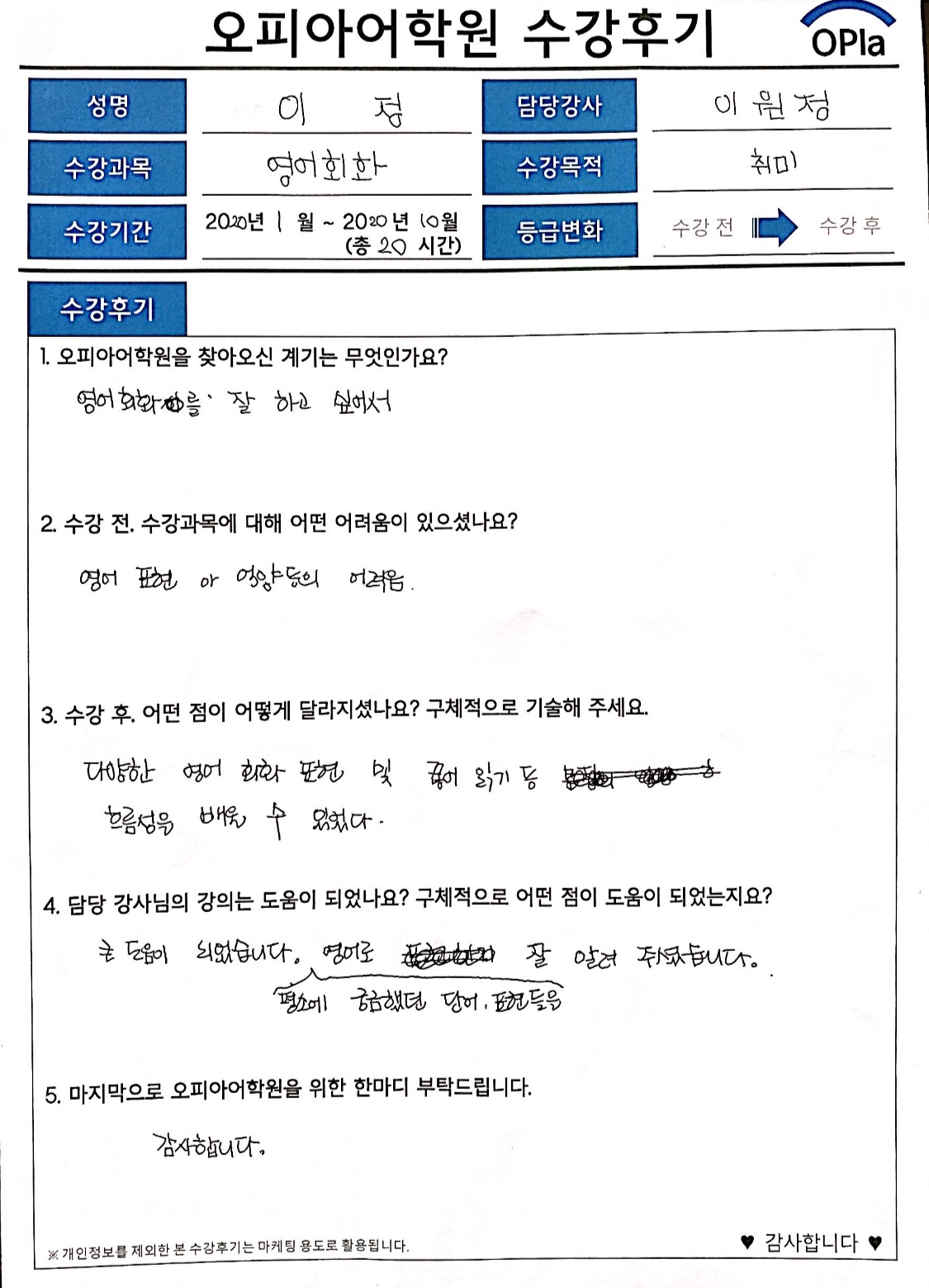
![비즈니스 영어 회화] '승인하다' 영어로? – berlitzkorea 비즈니스 영어 회화] '승인하다' 영어로? – Berlitzkorea](https://cdn.shopify.com/s/files/1/0561/1972/2162/articles/001_3762d99e-d3ac-441b-a85e-d9cf1c0b9a91.png?v=1633421078)
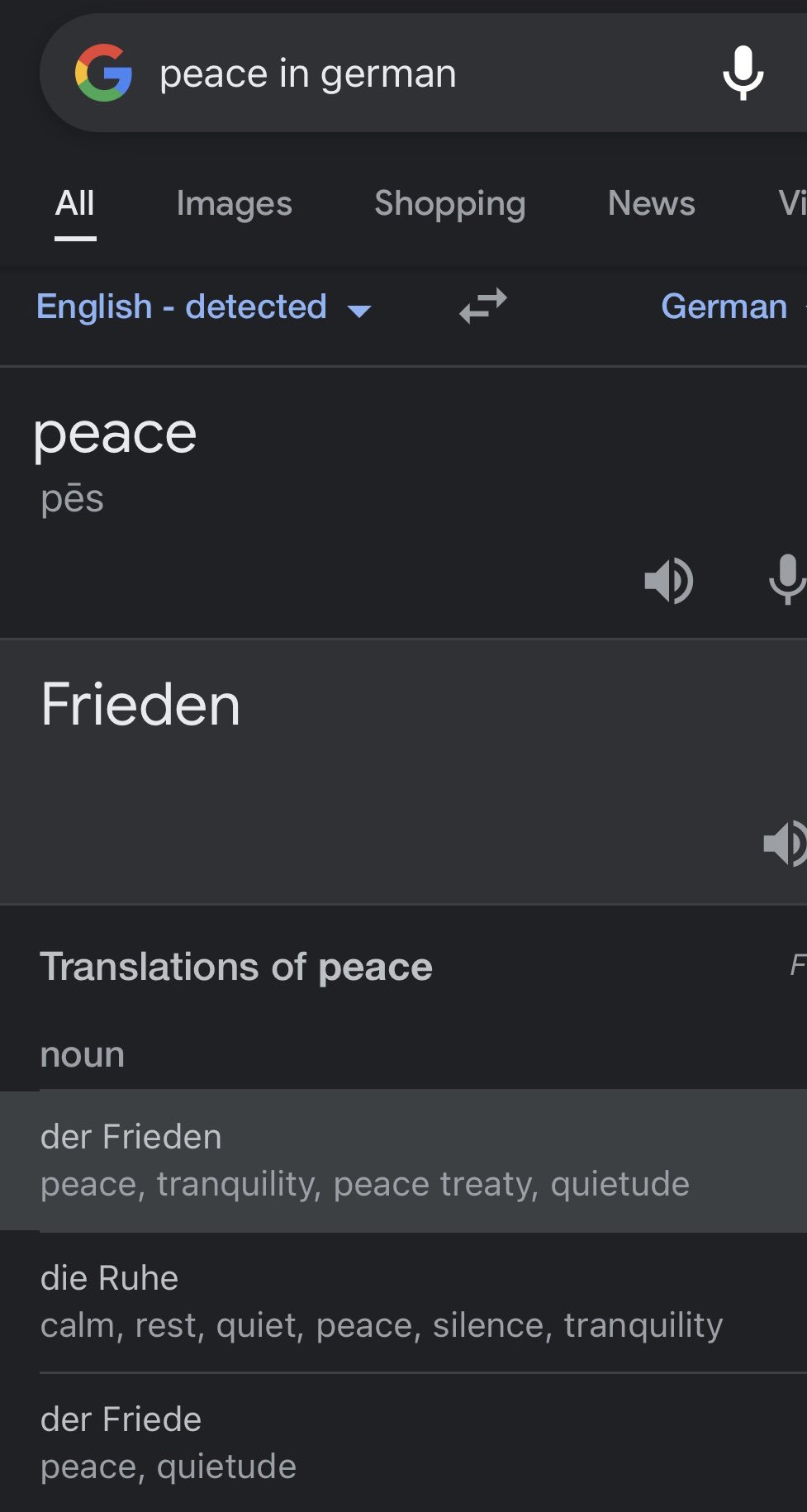
![삼성 노트북/윈도우 태블릿] 윈도우 7/8/8.1/10/ 11 언어 변경(추가) 방법이 궁금합니다. | 삼성전자서비스 삼성 노트북/윈도우 태블릿] 윈도우 7/8/8.1/10/ 11 언어 변경(추가) 방법이 궁금합니다. | 삼성전자서비스](https://api.samsungsvc.co.kr/hpFaqContentFile/thumbnail/202111/05/16030431-c1d3-4836-9e3d-5042b1f21390.jpg)
![📡 [광고대행마] 📡 [광고대행마]](https://cdn.maily.so/202301/1673054528601493.jpeg)

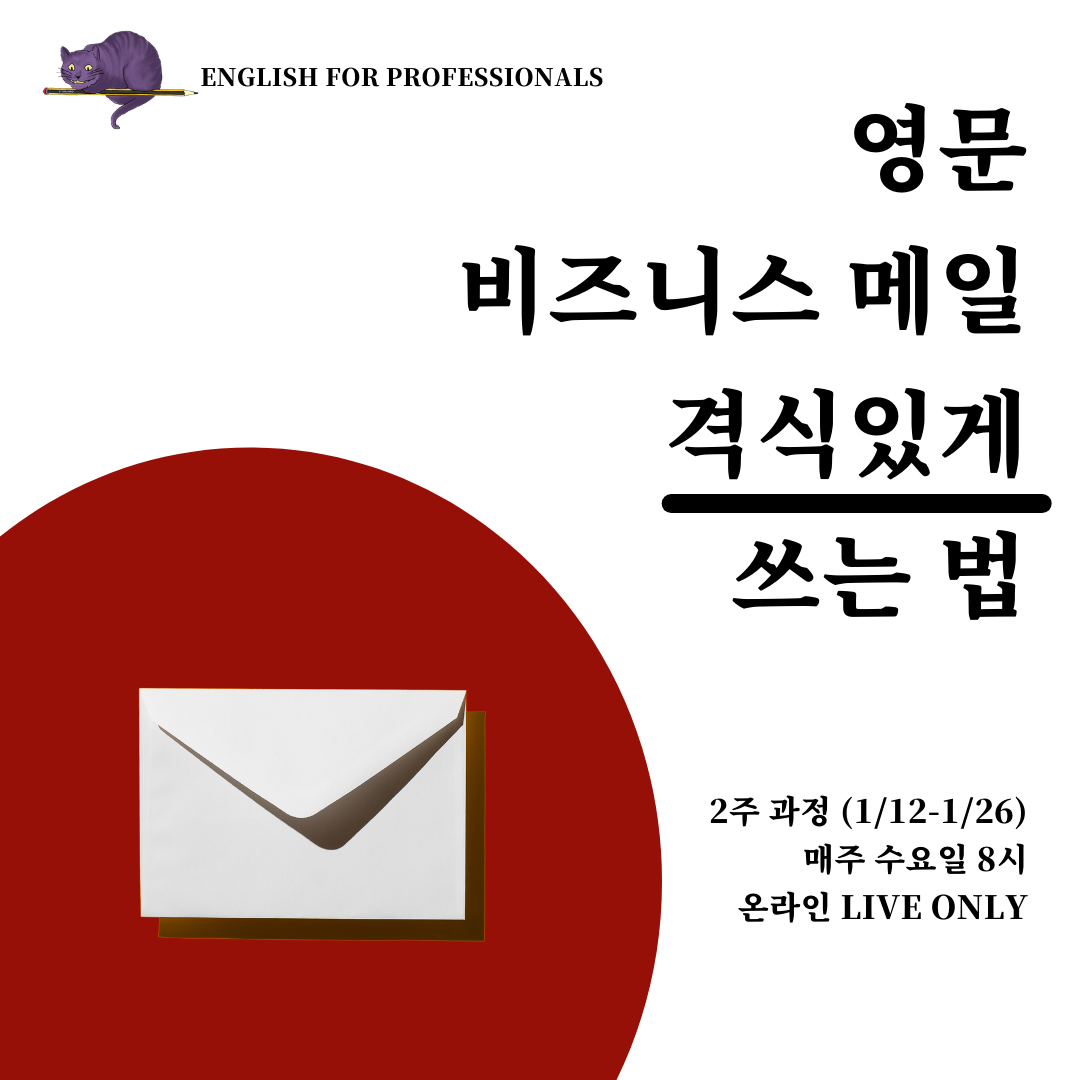

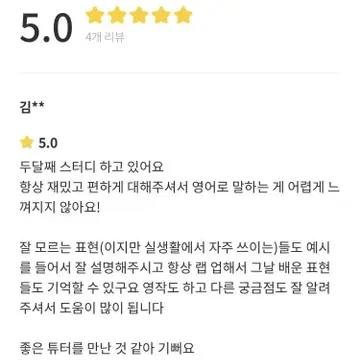

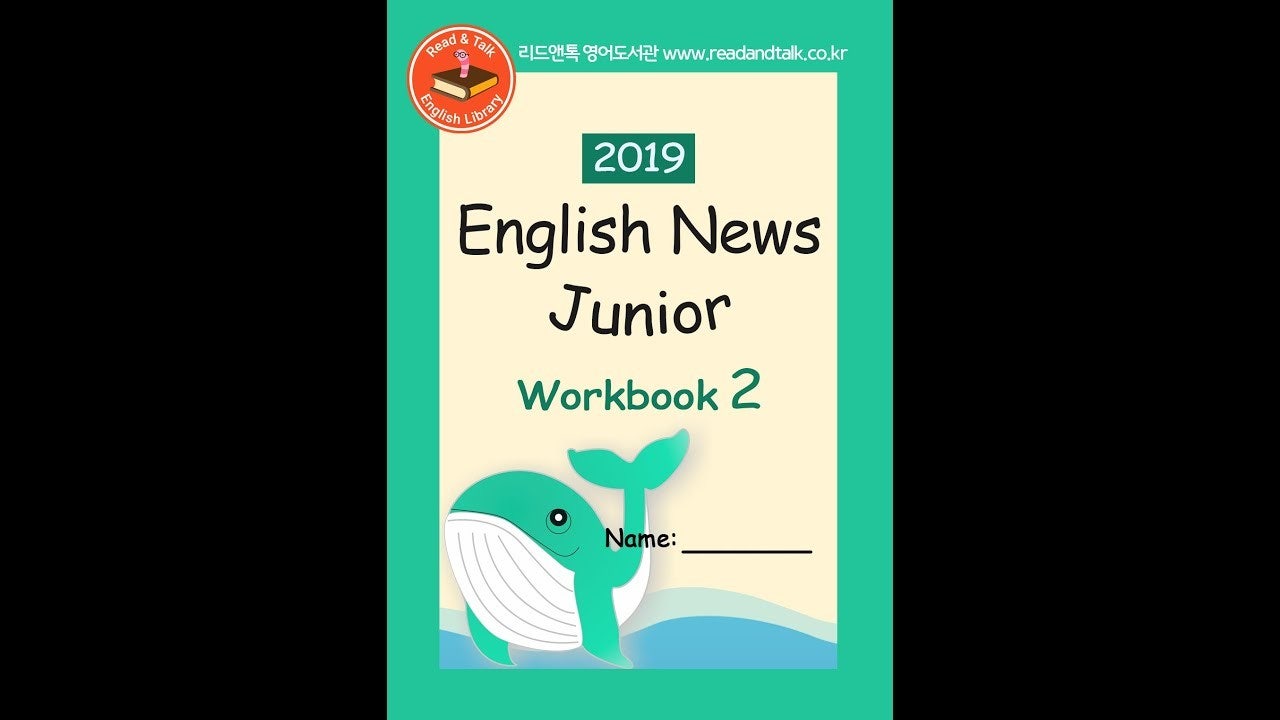

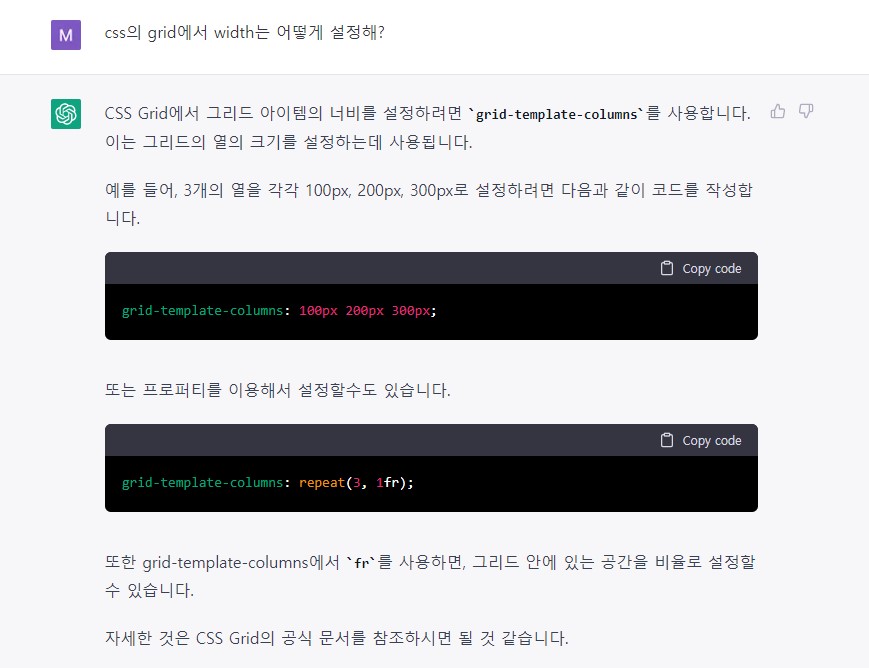





![10가지 주요 표현] 불만과 항의 영어로 어떻게 표현하죠? AmazingTalker® 10가지 주요 표현] 불만과 항의 영어로 어떻게 표현하죠? Amazingtalker®](https://blog.amazingtalker.com/wp-content/uploads/2022/09/%E1%84%87%E1%85%AE%E1%86%AF%E1%84%86%E1%85%A1%E1%86%AB-%E1%84%8B%E1%85%A7%E1%86%BC%E1%84%8B%E1%85%A5%E1%84%85%E1%85%A9-.png)

Article link: 궁금합니다 영어로.
주제에 대해 자세히 알아보기 궁금합니다 영어로.
- 궁금하다 를 영어로 어떻게 표현할까요?? – 네이버 블로그
- 에 대해 궁금하다 영어로 어떻게 표현 할까요? curious, wonder …
- 궁금하다 영어로 말하는 2가지 표현 – 샬롱한 영어와 일상
- 에 대해 궁금하다 영어로 어떻게 표현 할까요? curious, wonder …
- 친구에게 할 수 있는 영어문장, 지금 뭐하고 있어 영어로? – 네이버 블로그
- [미드 영어] 어떻게 쓰일까?: wonder 궁금하다, 궁금해하다
- 야나두 – 영어표현 : 어떻게 지내는지 궁금해 궁금해 ~ 모르겠어
- 영어로 “궁금하다” 말하는 법 (Wonder) – Speechling
- 궁금하다 영어로
- 31. 나는 ~이 궁금해요 라고 말하고 싶을때는 I am curious about ~